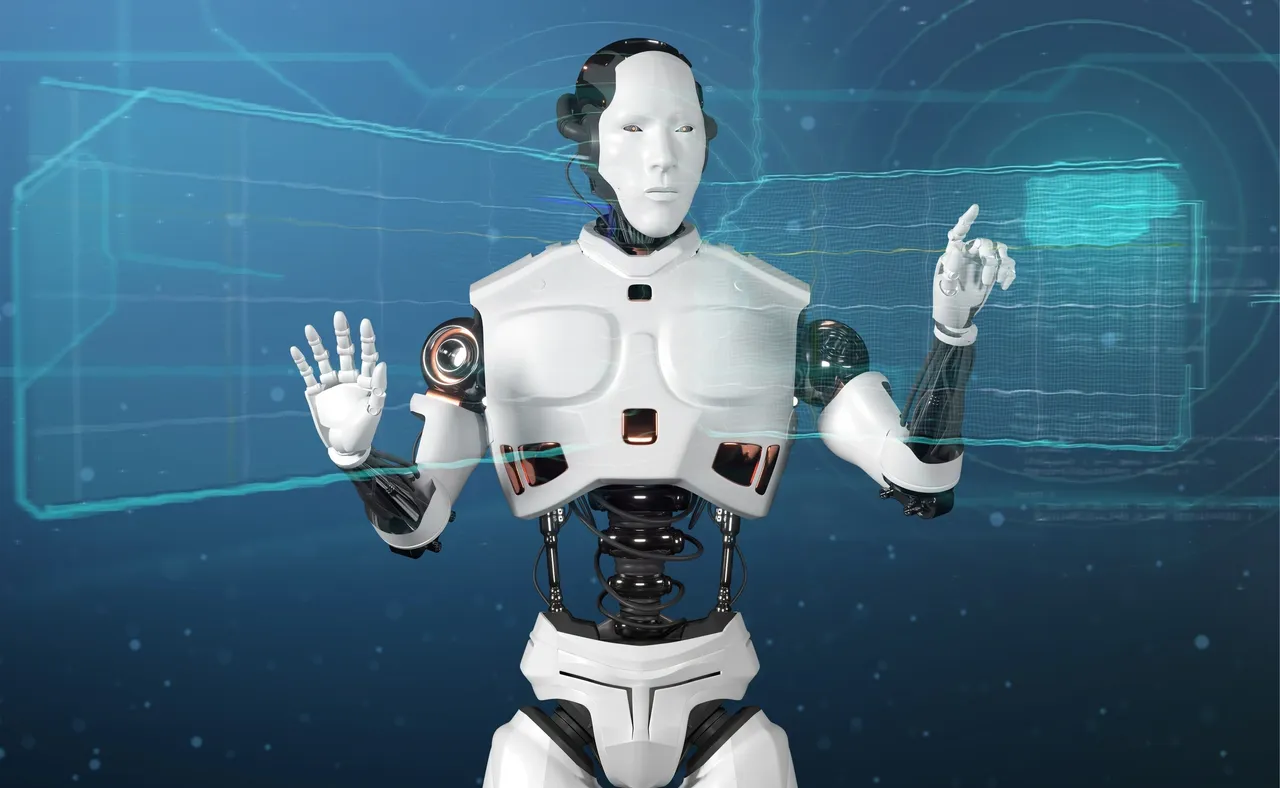
Designing an AI curriculum tailored for auditors involves blending auditing principles with technology-driven solutions. Here’s a structured curriculum:
1. Introduction to Artificial Intelligence:
– Overview of AI concepts and terminology.
– Applications of AI in auditing.
2. Data Analytics for Auditing:
– Data collection and preprocessing techniques.
– Exploratory data analysis (EDA) for auditing purposes.
– Data visualization techniques.
3. Machine Learning Fundamentals:
– Basic concepts of machine learning.
– Supervised, unsupervised, and reinforcement learning.
– Model evaluation and selection.
4. AI in Risk Assessment:
– Utilizing AI algorithms for risk identification and analysis.
– Predictive modeling for assessing audit risk. – Scenario analysis using AI.
5. Natural Language Processing (NLP) for Auditing:
– Introduction to NLP and its applications in auditing.
– Text mining techniques for analyzing financial documents.
– Sentiment analysis for fraud detection.
6. AI-Based Audit Automation:
– Automating routine audit tasks using AI.
– AI-powered anomaly detection.
– Continuous auditing and monitoring.
7. AI and Internal Controls:
– Using AI to assess the effectiveness of internal controls.
– Monitoring transactional data for control deviations.
– AI-driven control testing.
8. Fraud Detection with AI:
– AI techniques for fraud detection and prevention.
– Pattern recognition and anomaly detection.
– Machine learning models for fraud prediction.
9. Blockchain and Audit Trails:
– Understanding blockchain technology.
– Auditing blockchain-based transactions.
– Using AI to analyze blockchain data.
10. Ethical and Regulatory Implications of AI in Auditing:
– Ethical considerations in AI-powered auditing.
– Compliance with auditing standards and regulations.
– Addressing biases and fairness in AI algorithms.
11. Practical Implementation and Case Studies:
– Hands-on experience with AI tools and platforms.
– Case studies showcasing AI applications in auditing.
– Simulations and real-world scenarios.
12. Emerging Trends and Future Directions:
– Exploring advanced AI techniques (e.g., deep learning, reinforcement learning) for auditing.
– AI integration with Internet of Things (IoT) devices for audit data collection.
– Anticipating future developments in AI-auditing synergy.
This curriculum equips auditors with the knowledge and skills to leverage AI technologies effectively in their audit processes, enhancing efficiency, accuracy, and insight generation.







